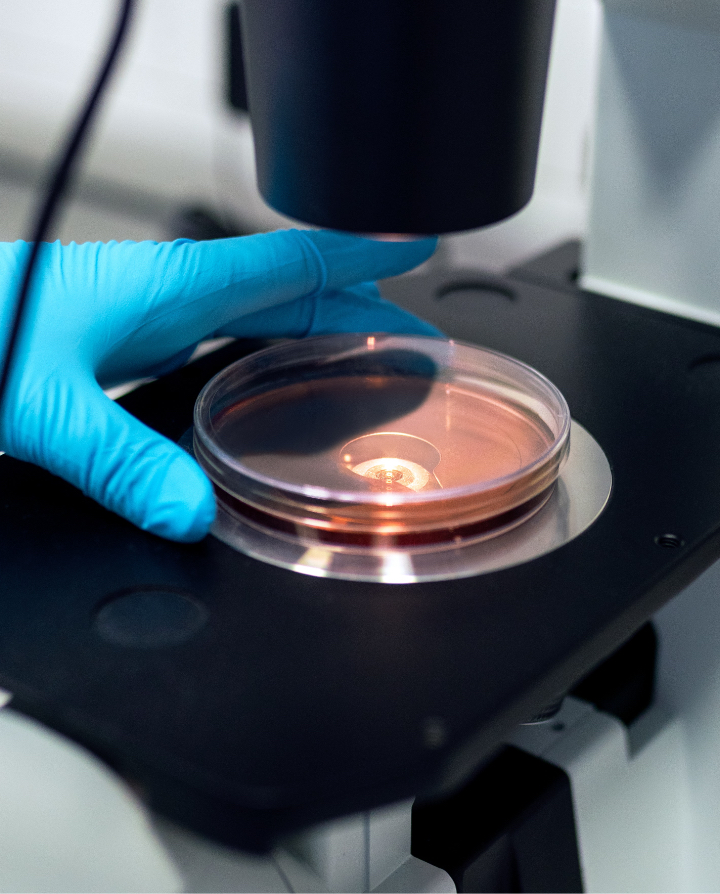Developing Galleri in a prospective cohort of 100,000 participants
The STRIVE Study is a prospective, observational, longitudinal, cohort study that has enrolled approximately 100,000 women at the time of their screening mammogram. Participants completed a health questionnaire and provided a blood sample around the time of their screening mammogram and will be followed for up to five years, with linkages with state and national cancer and vital statistics registries to capture clinical outcome data, including cancer diagnoses.
Thank you for your contribution
GRAIL and its collaborators would like to extend a big thank you to all the participants across the United States who contributed to the STRIVE Study. Your participation in the STRIVE Study helped GRAIL and its collaborators develop an important new multi-cancer early detection test.






